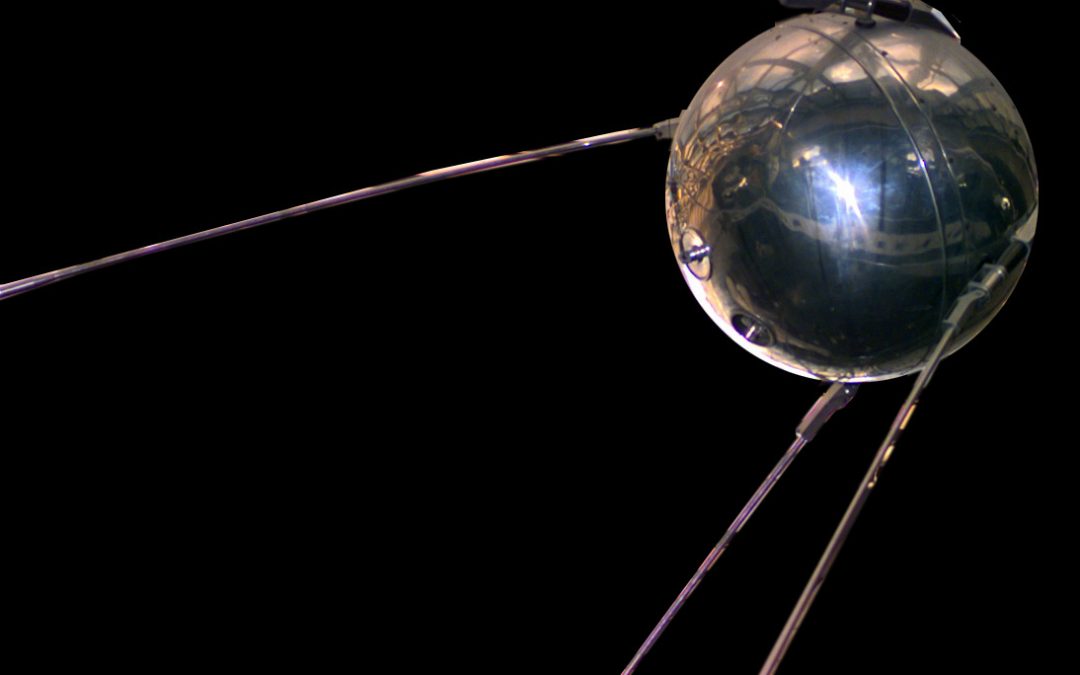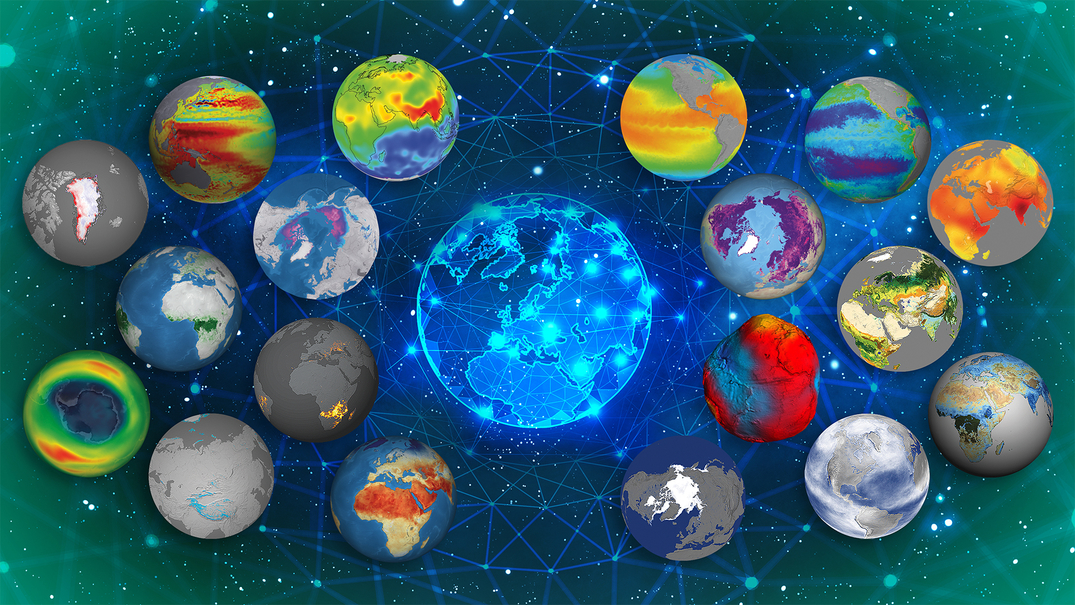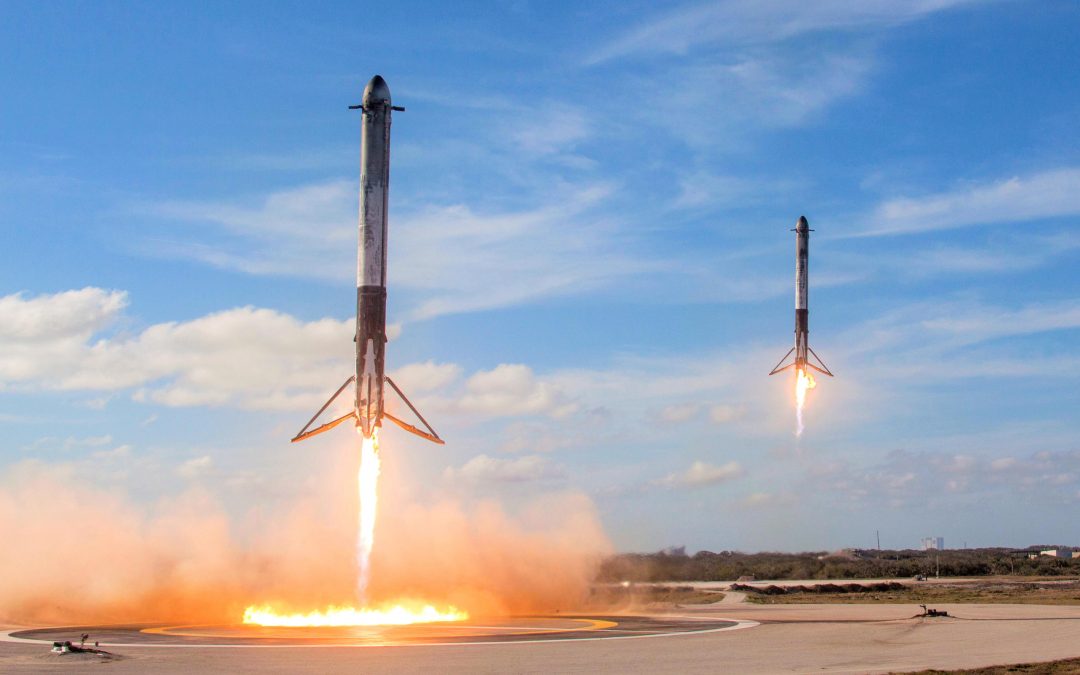It’s been about 65 years since the Soviets launched the first orbital satellite into low Earth orbit: Sputnik 1. Now there are thousands of satellites in orbit, with tens of thousands on the way. Let’s look at the impact that Sputnik had on the history of spaceflight.











